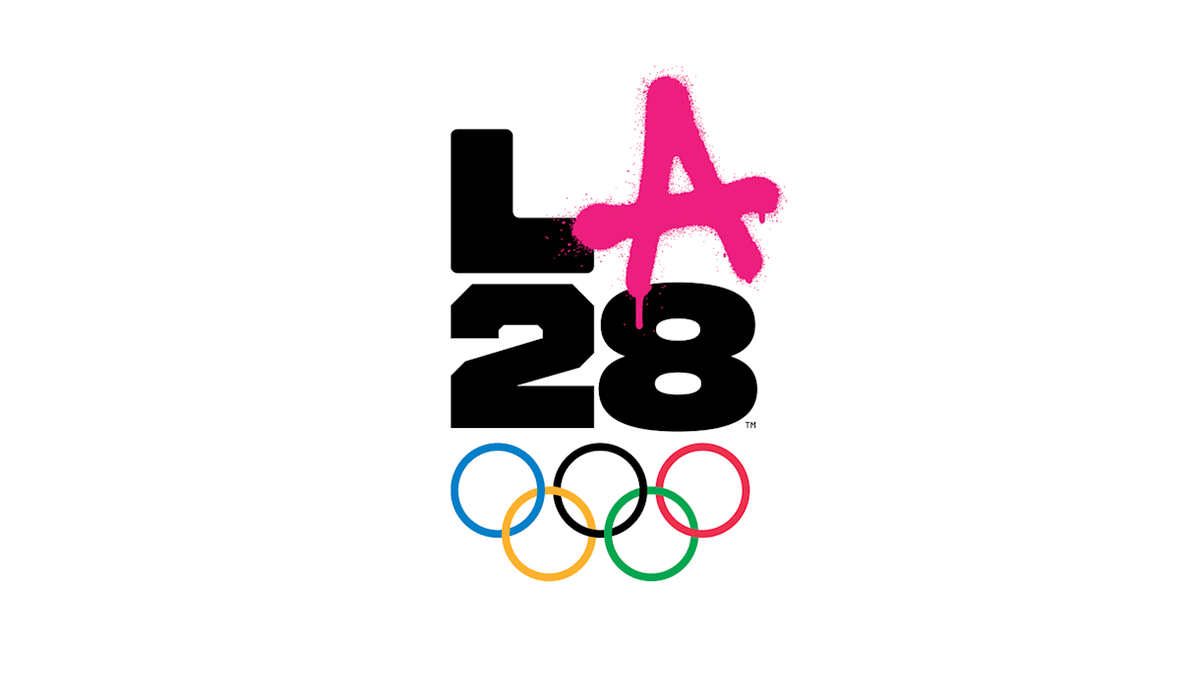Cricket is poised for a triumphant return to the Olympic stage, marking a historic moment in the world of sports. The Los Angeles organizing committee for the 2028 Olympic Games recently unveiled its decision to reintroduce cricket, a sport absent from the Olympics for 128 years. This article delves into the significance of this decision while exploring the inclusion of other sports in the LA 2028 Olympic lineup.
Image Source: Britannica
Cricket’s Olympic Reappearance:
The inclusion of cricket in the LA 2028 Olympics represents a significant achievement for the sport, which last featured in the Games back in 1900. This long-anticipated development follows persistent efforts to secure Olympic status, driven in part by the International Olympic Committee’s (IOC) interest in tapping into India’s vast market. For both men and women, the T20 format has been chosen, promising an electrifying and viewer-friendly competition. This format is highly likely to endure, making its presence felt once again in the 2032 Olympics in Brisbane, Australia.
Image Source: www.bcci.tv
Greg Barclay, the Chair of the International Cricket Council (ICC), expressed his delight at reaching this momentous milestone. Although the final decision is pending approval, the recommendation to include cricket marks a crucial step toward the sport’s reintegration into the Olympics, bridging a century-old gap.
Economic Significance:
The resurgence of cricket in the Olympics transcends mere sports recognition; it carries substantial financial implications. The existing broadcast rights for the Olympics in India are valued at a modest £15.6 million ($20 million) for the upcoming Paris 2024 Games. However, experts anticipate a meteoric rise in this figure to £150 million following cricket’s inclusion. This significant increase in revenue underscores the financial wisdom of incorporating cricket into the Olympic program.
Image Source: Vacteezy
A Double Surprise:
While cricket’s inclusion was expected due to its commercial potential, the decisions to add squash and lacrosse came as a double surprise. Squash, a sport that has long sought recognition on the Olympic stage, has finally secured its place. Lacrosse, which last graced the Olympics in 1908, has also been granted a comeback. The chosen variant is the high-octane “sixes” format, played in four eight-minute quarters, promising to inject excitement into the Olympic arena.
Image Source: Olympics.com
Flag Football: Fulfilling the NFL’s Ambitions:
Flag football, a non-contact version of American football played with teams of five, has also earned its spot in the LA 2028 Olympics. This decision aligns perfectly with the NFL’s aspirations to expand interest in American football on a global scale. The inclusion of flag football widens the appeal of the Games and captivates a worldwide audience.
Challenges for the IOC:
The incorporation of these five new sports presents a conundrum for the International Olympic Committee (IOC) as it grapples with maintaining a consistent quota of 10,500 athletes for each Games. While breaking, selected for the Paris 2024 Olympics, did not make the cut for LA, traditional sports like boxing, weightlifting, and modern pentathlon have been deemed secure. This decision implies that traditional sports may need to reduce their medal events to adhere to the athlete quota.
The Future of Baseball and Softball:
Baseball (men) and softball (women), which made a dramatic return to the Olympics in the 2020 Tokyo Games, with Japan securing both gold medals, will be notably absent from both the Paris 2024 and LA 2028 Olympics. The exclusion of these sports raises questions about their future within the Olympic program.
Image Source: InsideTheGames
LA28’s Vision:
Casey Wasserman, the chairperson of the LA28 organizing committee, emphasized the innovative and community-centric nature of the five recommended sports. These sports, played in diverse settings across the globe, aim to attract new athletes to the Games, engage a diverse fanbase, and expand the Games’ digital presence. LA28’s overarching mission is to provide an unparalleled Olympic experience, and these sports are expected to play a pivotal role in achieving that vision.
Conclusion:
The inclusion of cricket, along with squash, lacrosse, flag football, and non-contact American football, in the LA 2028 Olympics marks a monumental decision that underscores the adaptability and relevance of the Olympic Games within an evolving sports landscape. Cricket’s return to the Olympics after 128 years is a historic feat for the sport and opens up new avenues for global expansion. The introduction of these sports not only enhances the appeal of the Games but also presents the IOC with the challenge of maintaining its athlete quota. As we eagerly anticipate the LA 2028 Olympics, these thrilling developments promise to make the Games more inclusive, innovative, and engaging for a diverse worldwide audience.



